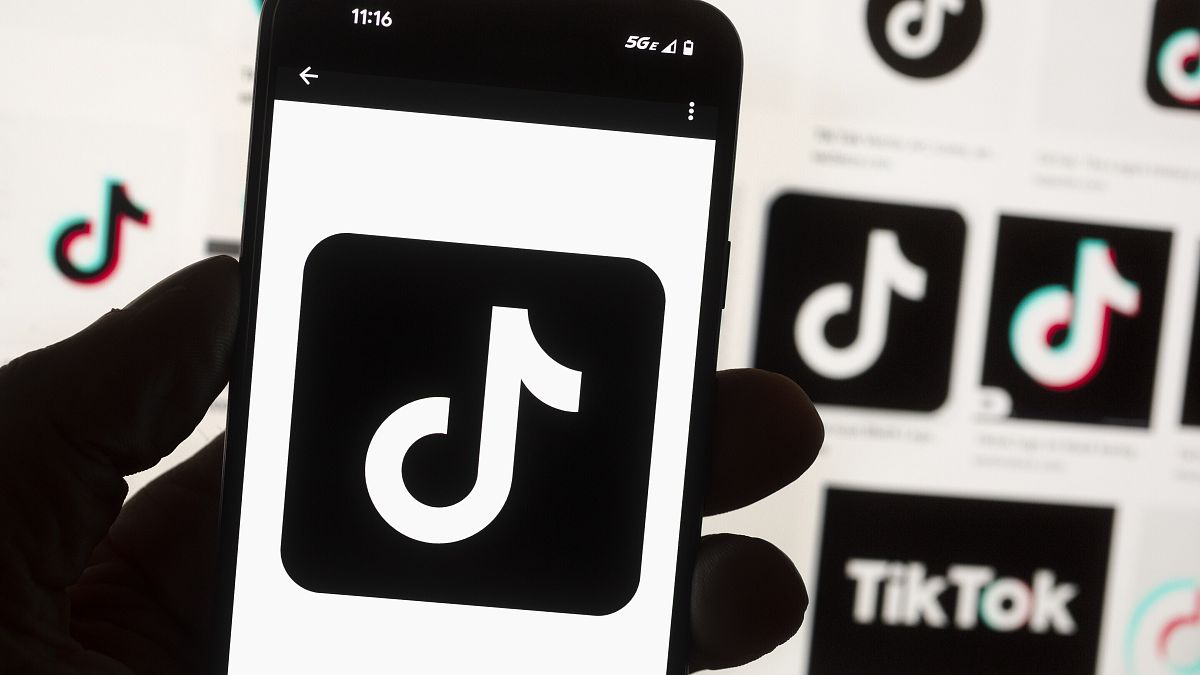ByteDance, the company behind TikTok, is set to argue in front of US lawmakers on Monday that the law forcing its sale is unconstitutional. This comes after US lawmakers passed legislation on April 23 that would require ByteDance to sell TikTok within nine months or face a country-wide ban. The US government’s concern is that ByteDance collects user data and shares it with the Chinese government, a claim that TikTok has vehemently denied as “basic misinformation”.
In response to the legislation, ByteDance has filed a 70-page appeal with a US court, arguing that the law violates the Constitutional rights of Americans. The company states that selling TikTok is not possible, both commercially and technologically, and definitely not within the 270-day timeline required by the Act. According to the appeal, the Act would result in a shutdown of TikTok by January 19, 2025, effectively silencing the millions of Americans who use the platform.
TikTok is a popular social media platform that is used by approximately 170 million Americans, with a third of US adults utilizing the app, according to the Pew Research Centre. Despite its popularity, several countries, including Australia, Estonia, the UK, France, the Netherlands, Norway, Belgium, Denmark, and EU institutions, have banned the app from being used on the devices of public servants due to privacy concerns. In Germany, there has been discussion among MPs about a potential TikTok ban for similar reasons, although it remains unclear whether this would apply to public devices or be extended to the wider public.
The ongoing battle between ByteDance and the US government reflects a broader global concern over data privacy and the influence of foreign governments on popular social media platforms. As the debate continues, the future of TikTok and its millions of American users hangs in the balance. It remains to be seen how US lawmakers will respond to ByteDance’s argument that the law forcing the app’s sale is unconstitutional, and whether TikTok will be able to continue operating in the United States beyond the imposed deadline.
Overall, the dispute between ByteDance and the US government over TikTok highlights the complexities of regulating social media platforms in an increasingly interconnected world. As the legal battle unfolds, stakeholders on all sides will be closely watching to see the outcome and its implications for data privacy, free speech, and the future of social media. Whether TikTok can continue to operate in the US without being forced to sell remains uncertain, but one thing is clear: the debate over the app’s fate is far from over.











